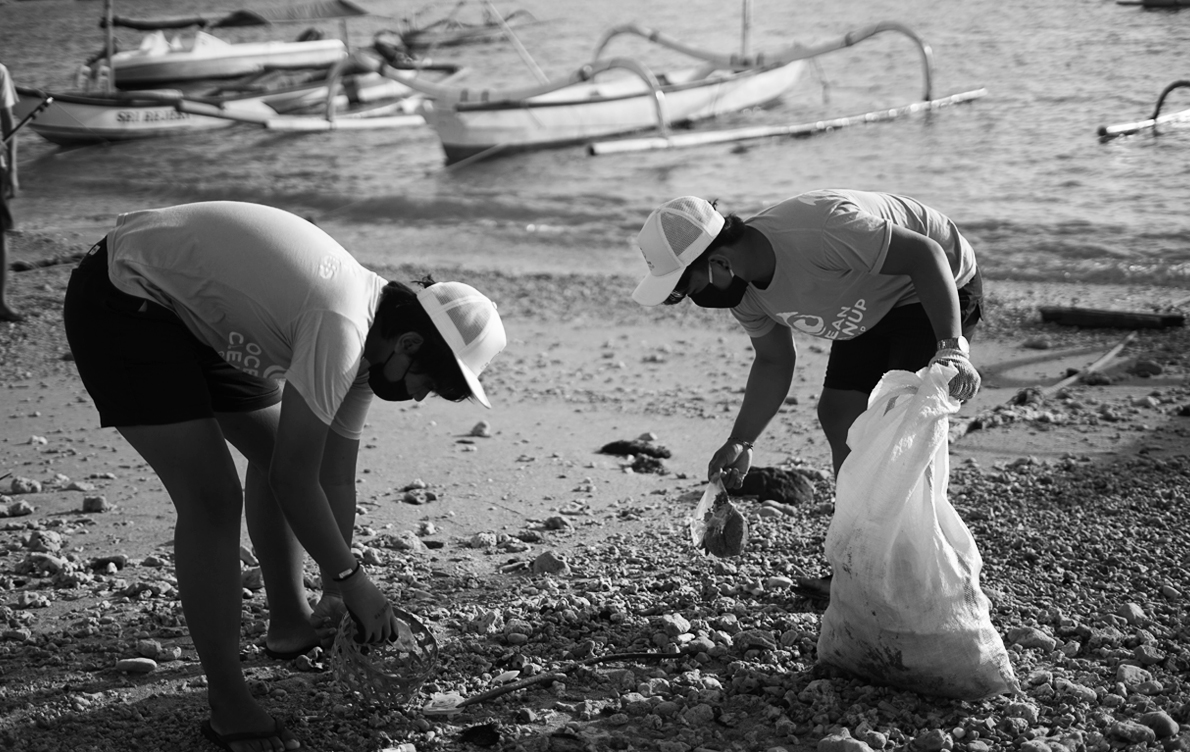Supreme Court to DOJ: “No”

On Monday, the U.S. Supreme Court unanimously held that a settlement of Comprehensive Environmental Response, Compensation, and Liability Act (“CERCLA”)-specific liability is required to give rise to a contribution action under §113(f)(3)(B).
This decision is the Court’s latest attempt to provide clarity to CERCLA by evaluating the United States’ often inscrutable interpretations of the statute that further its dual role as the enforcer of the statute and the largest potentially responsible party (“PRP”).
In this case, the U.S. argued, and the D.C. Circuit agreed, that a 2004 Clean Water Act (“CWA”) Consent Decree entered into by the U.S. and Guam triggered a CERCLA §113(f)(3)(B) contribution claim that was time-barred. Guam argued that the CWA Consent Decree did not trigger a §113(f)(3)(B) contribution claim and that, since the U.S. has sovereign immunity under the CWA, the U.S. was seeking to avoid any responsibility for the decades that the U.S. Navy dumped hazardous military waste into the Ordot Dump.
The Supreme Court disagreed with the U.S. and the D.C. Circuit, holding that a resolution of CERCLA-specific liability is required to trigger a contribution action under §113(f)(3)(B). The Supreme Court’s analysis focused “on the totality” of §113(f). The Supreme Court reasoned that §113(f) “does not exist in a vacuum,” but rather that contribution actions are predicated on “common liability” and the obvious place to look for that “common liability” is CERCLA itself.
Although a party may undertake remedial measures pursuant to other environmental statutes that resemble a CERCLA response action, the Supreme Court stated that relying on a functional overlap would stretch CERCLA beyond Congress’ language. Adopting the U.S.’s interpretation would result in uncertainty as to when a party has “resolved” its CERCLA liability in prior non-CERCLA settlement agreements. The Supreme Court instead adopted the “far simpler approach” of asking whether a settlement agreement expressly discharges CERCLA liability.
The Supreme Court did not address the second issue presented—whether a settlement that expressly disclaims any liability determination, and leaves the settling party exposed to future liability, triggers a contribution claim under CERCLA §113(f)(3)(B). Although this may be a remaining concern for parties that entered into older form CERCLA consent orders and consent decrees, the U.S. Department of Justice has since updated the model language to include a statement that CERCLA liability is resolved upon entering into the agreement.
Guam did not raise, and the Supreme Court did not address, whether a PRP that has resolved its CERCLA liability must bring a §113(f)(3)(B) contribution action or whether such a PRP may also bring a §107(a)(4)(B) cost recovery action. Until the day comes when the Supreme Court wades into this murky area of CERCLA, the best practice is to be mindful of the shorter statute of limitations for §113(f)(3)(B) contribution actions, and, if the situation warrants doing so, pursue both §107(a)(4)(B) and §113(f)(3)(B) claims.
No aspect of this advertisement has been approved by the highest court in any state.
Results may vary depending on your particular facts and legal circumstances.
As the law continues to evolve on these matters, please note that this article is current as of date and time of publication and may not reflect subsequent developments. The content and interpretation of the issues addressed herein is subject to change. Cole Schotz P.C. disclaims any and all liability with respect to actions taken or not taken based on any or all of the contents of this publication to the fullest extent permitted by law. This is for general informational purposes and does not constitute legal advice or create an attorney-client relationship. Do not act or refrain from acting upon the information contained in this publication without obtaining legal, financial and tax advice. For further information, please do not hesitate to reach out to your firm contact or to any of the attorneys listed in this publication.
Join Our Mailing List
Stay up to date with the latest insights, events, and more





